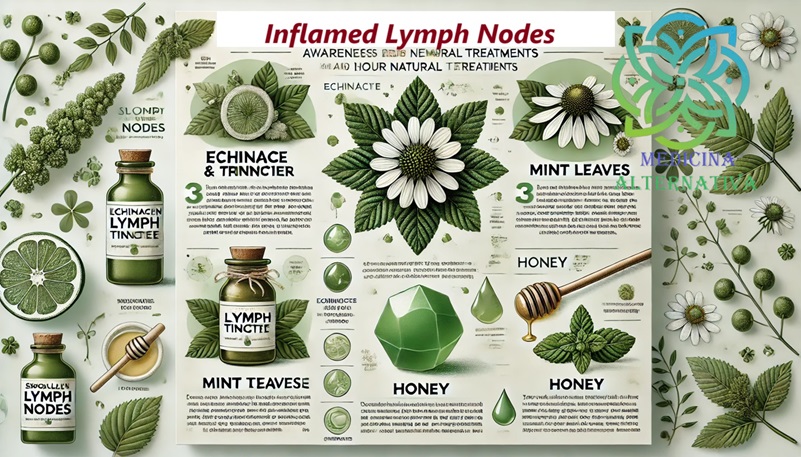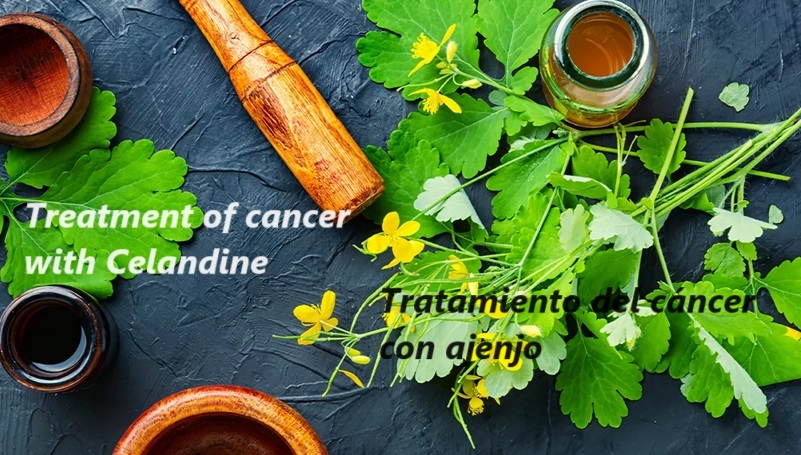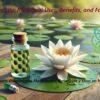Healthy lymph nodes are neither painful nor palpable. If they are swollen and painful, and you feel weak, this indicates that your body is fighting an infection. A qualified doctor can help determine the exact cause after an examination and test results. The doctor will also prescribe appropriate therapy. Additionally, there are folk remedies for treating inflamed lymph nodes.
First, try to reduce the inflammation with herbs if the lymph nodes are swollen due to a cold or flu. Echinacea is known for its powerful antiseptic properties and can be very effective. Ready-made tinctures available in pharmacies can be used.
You can also prepare syrup at home.
In the first case, take 10 drops of tincture diluted in 50 ml of water four times a day. For the homemade syrup, remember this recipe: Take 300 ml of boiled water, add half a cup of fresh (or 4 tablespoons of dried) Echinacea root, and simmer for 20 minutes on low heat. Mix the decoction with a quarter cup of fresh peppermint leaves and let it steep for 5 minutes. Strain the liquid, mix it with honey (to taste), and store it in the refrigerator. The syrup should be taken three times a day until the condition improves, in the following doses:
- Children under 3 years: 1/4 teaspoon
- Children up to 10 years: 1 teaspoon
- Children 11 years and older, and adults: 2 teaspoons
Note: Do not use the syrup if it causes stomach pain.
Take vitamin C, as it helps white blood cells kill bacteria and speeds up the recovery of lymph nodes in the groin or neck. The dosage will depend on the patient’s age and the severity of the condition, as advised by a doctor. Typically, the initial dose is 250 mg, taken three times a day.
Apply a green jade stone to the affected lymph node. It is believed that jade can cleanse the human body of unnecessary elements. Ensure the jade matches the size of the lymph node.






